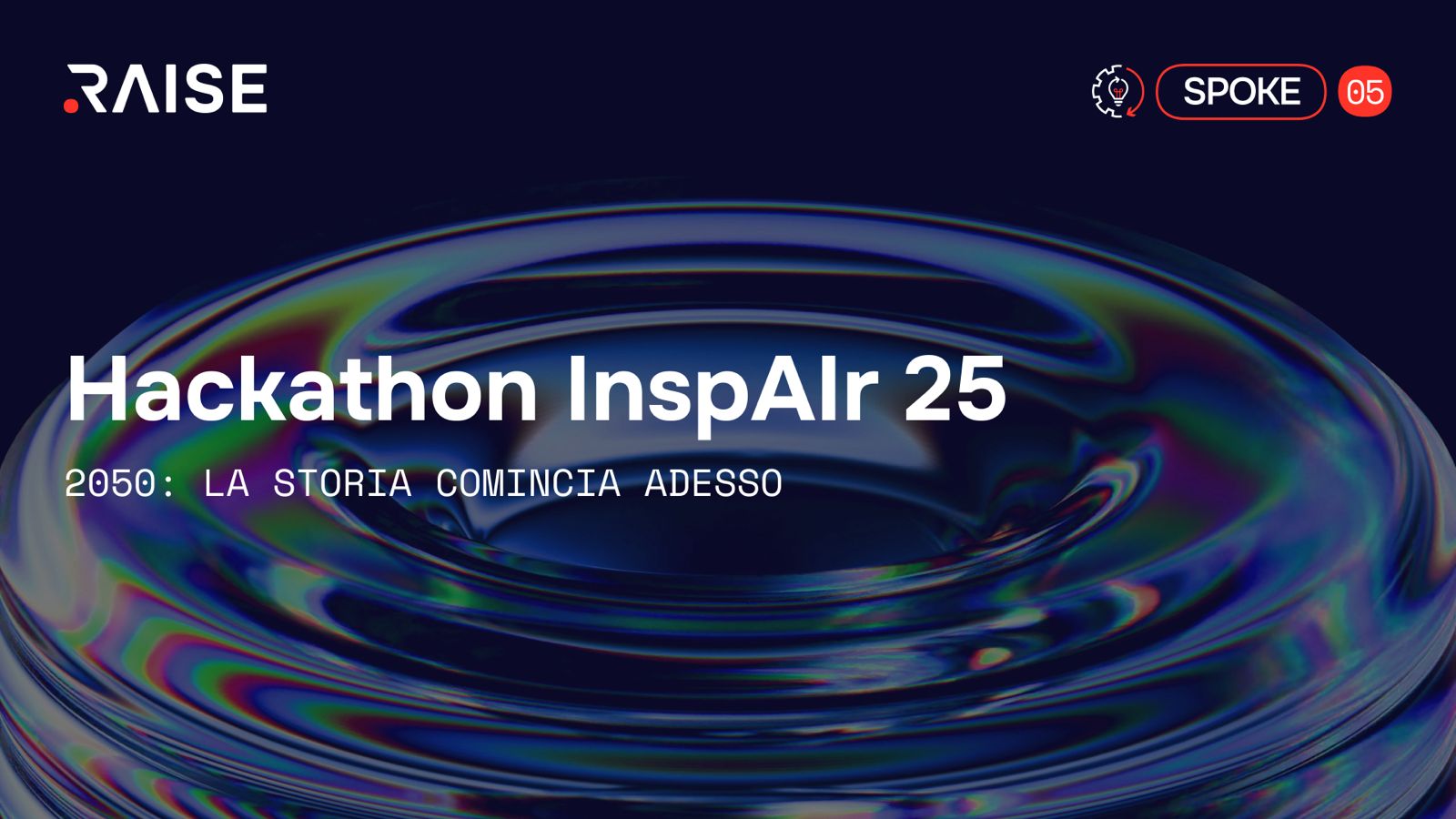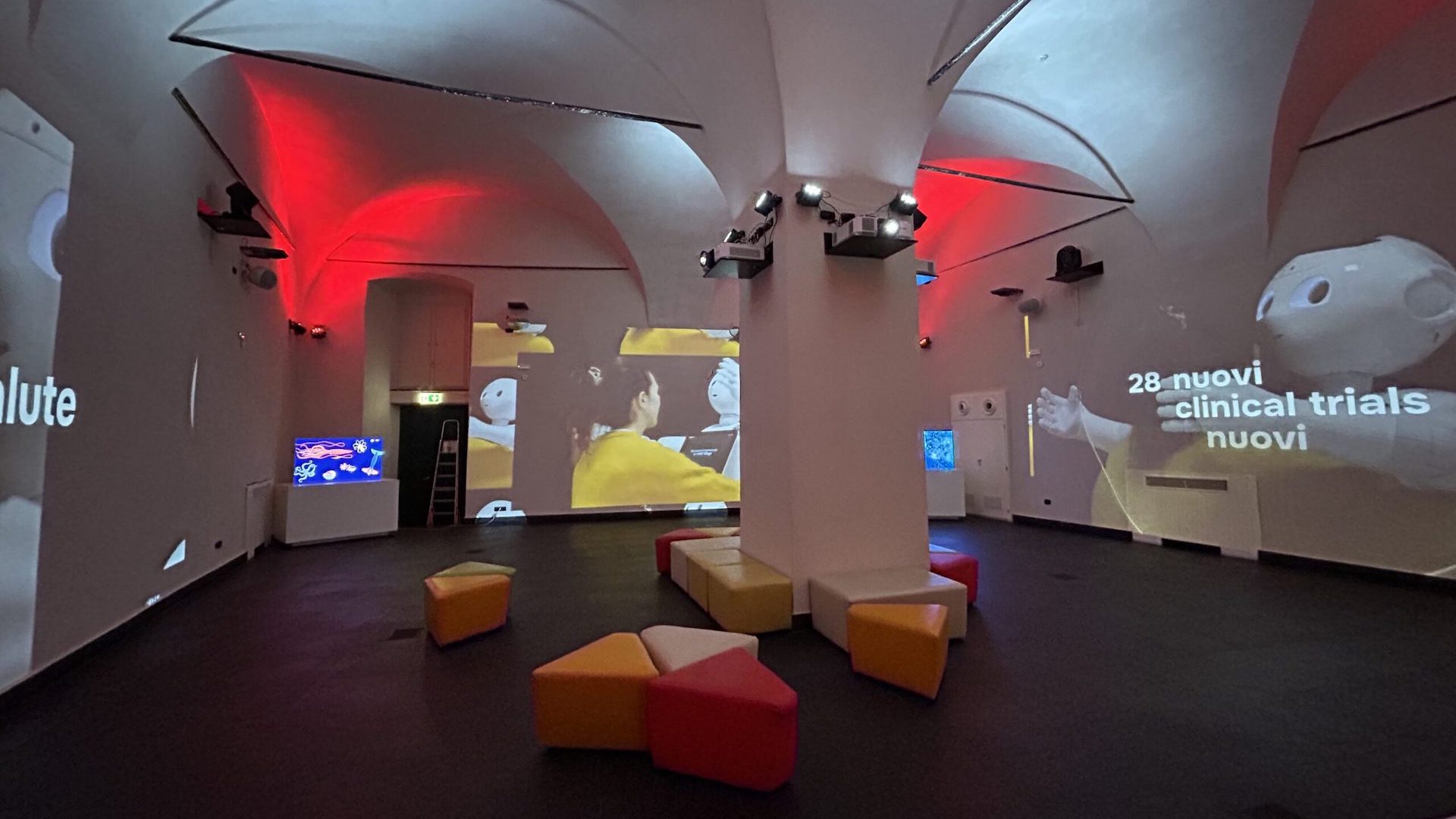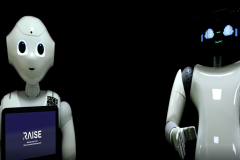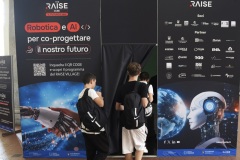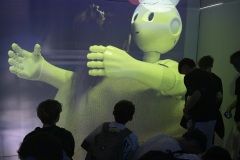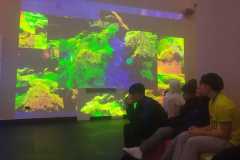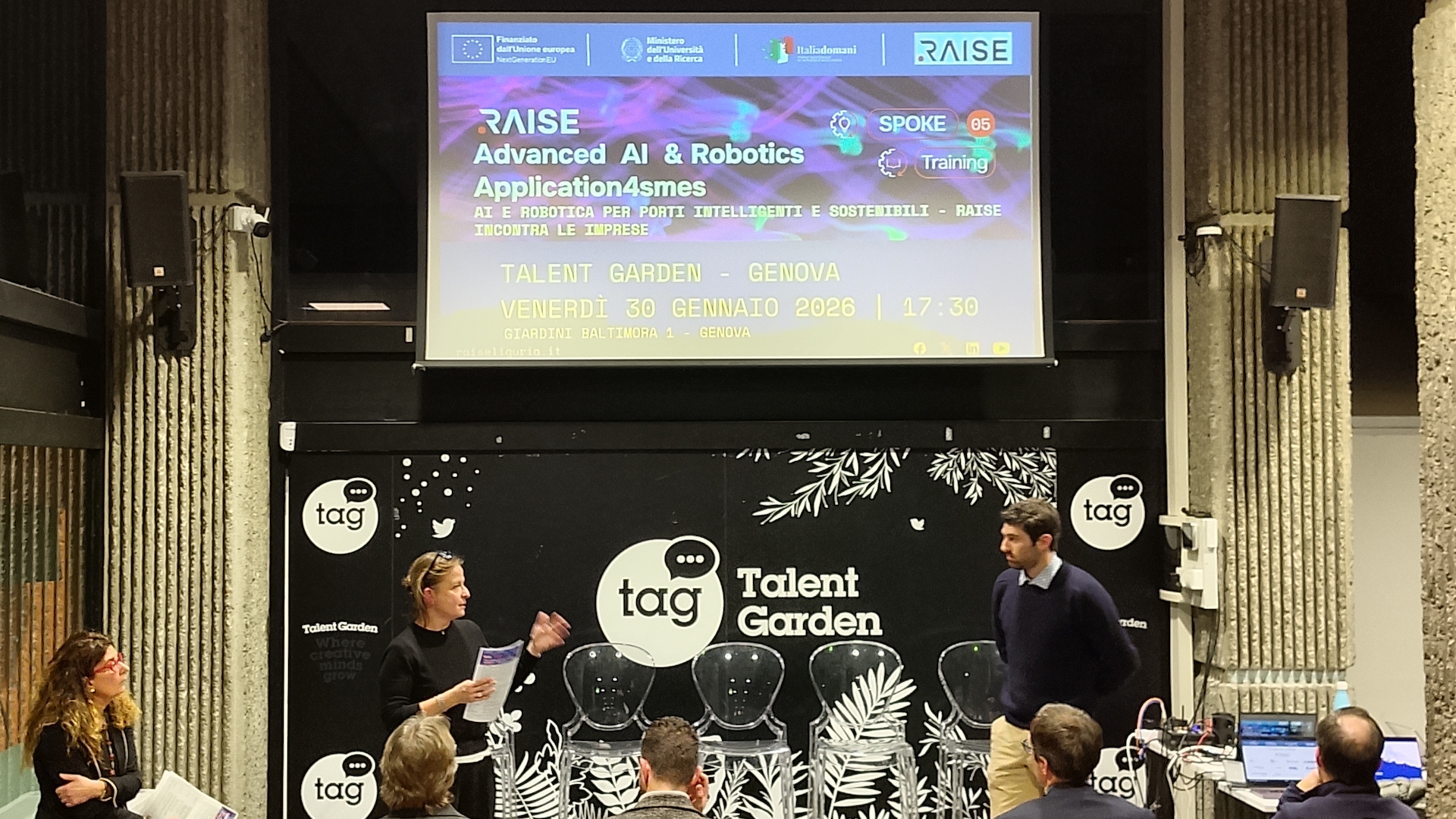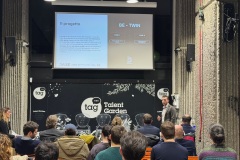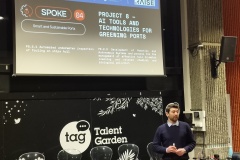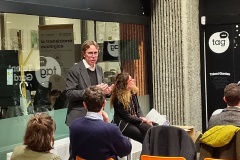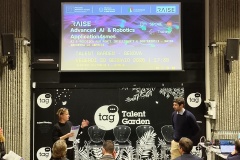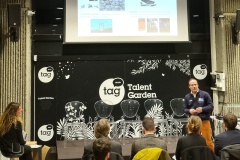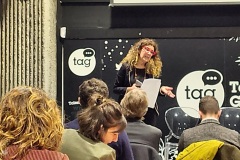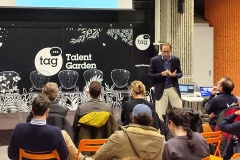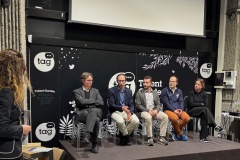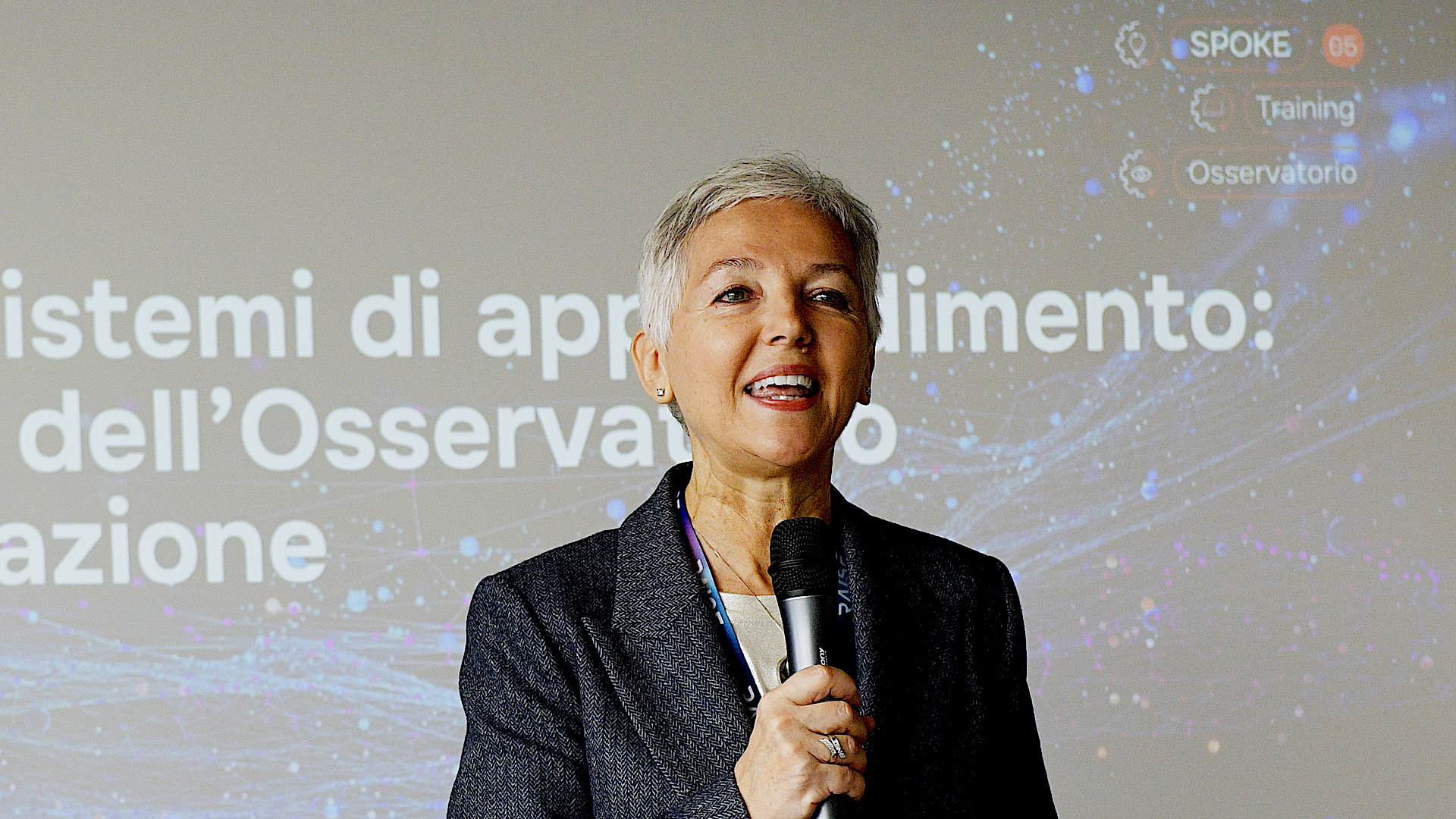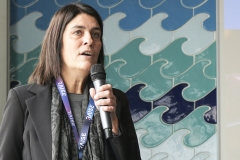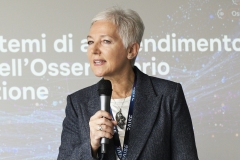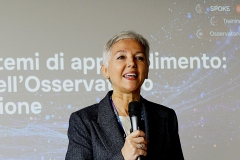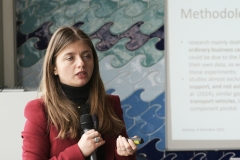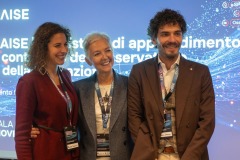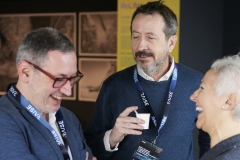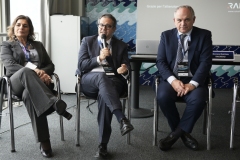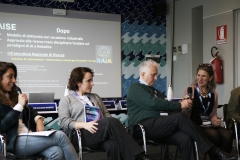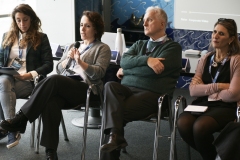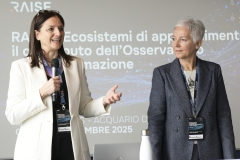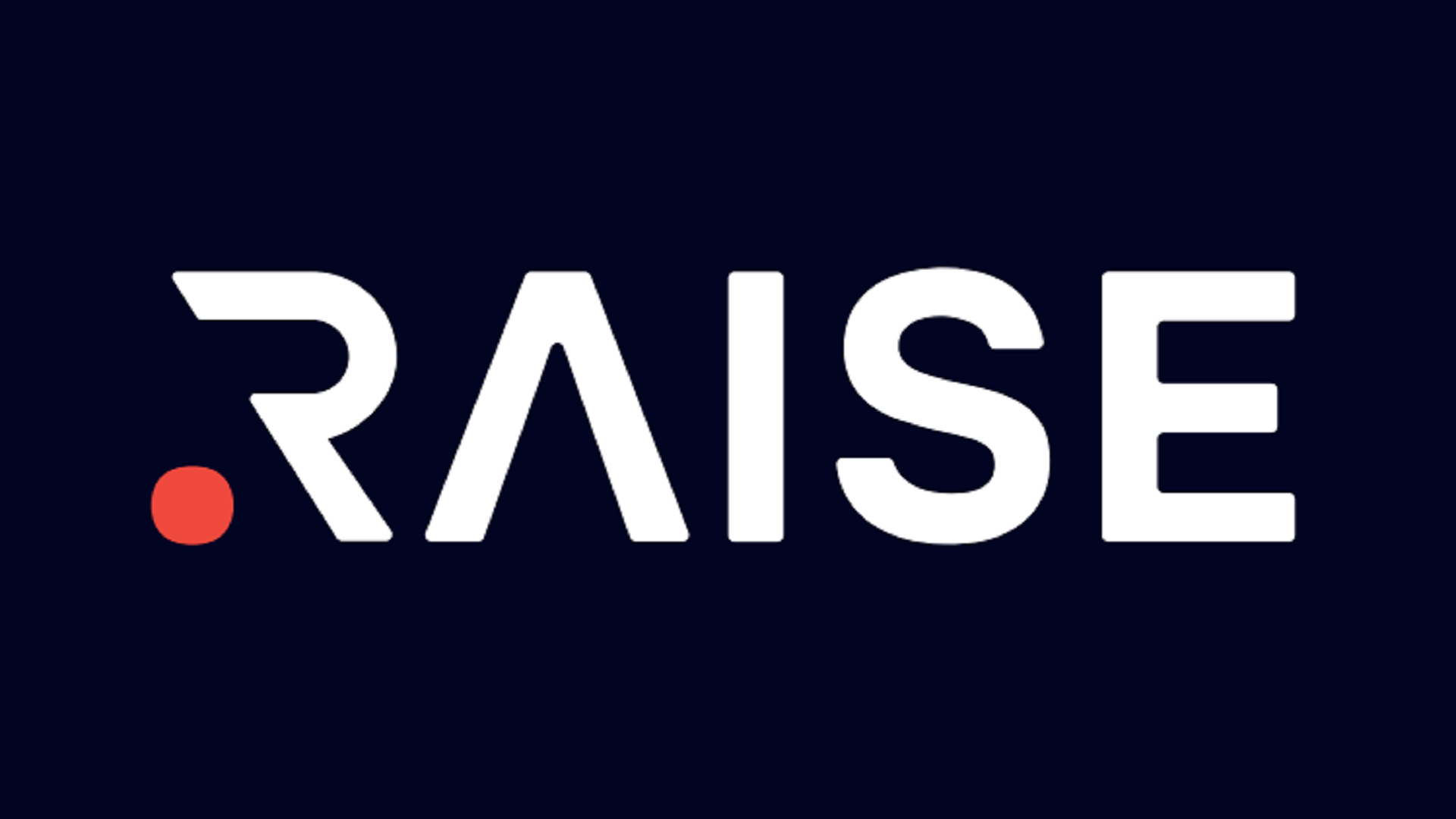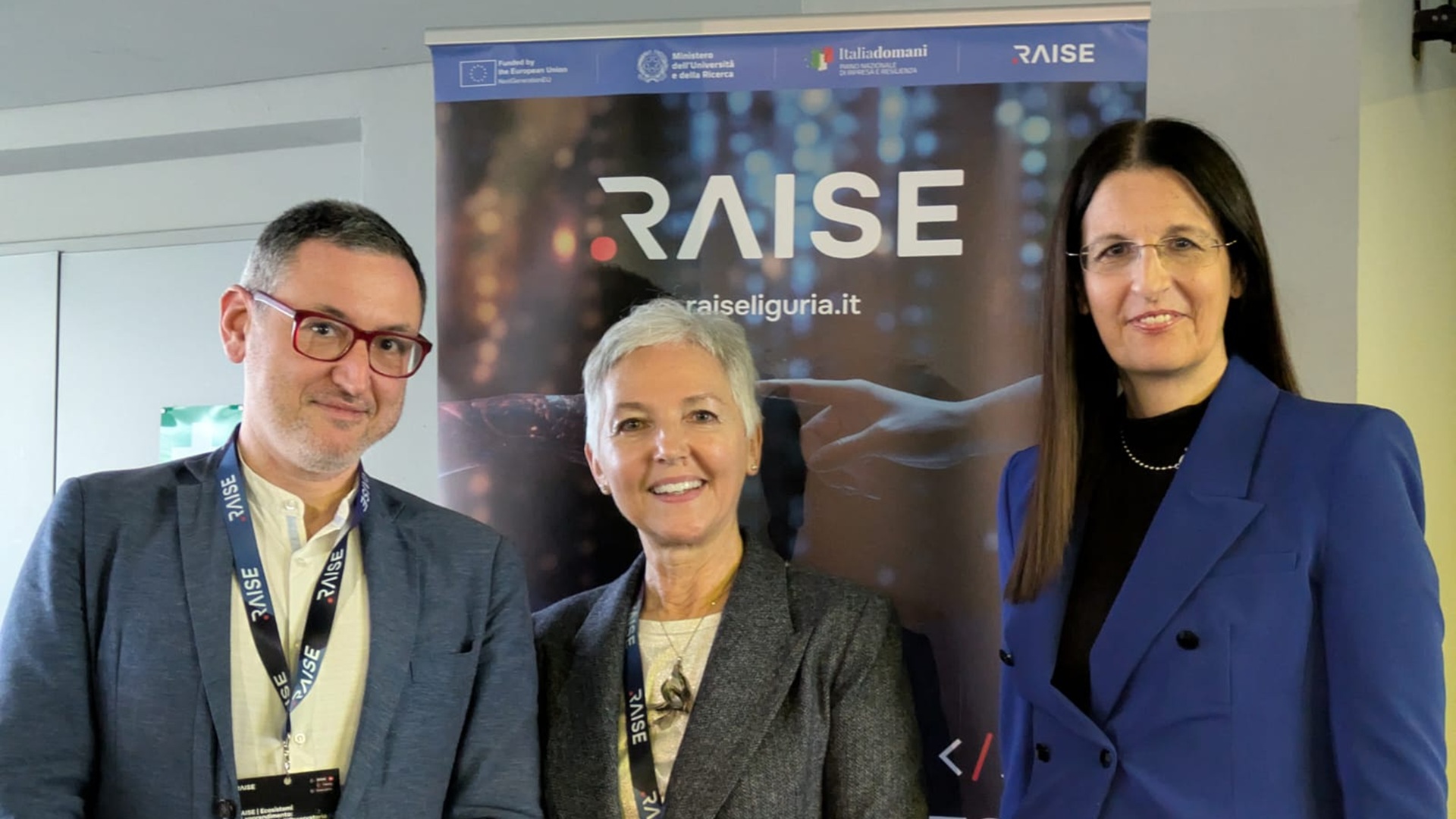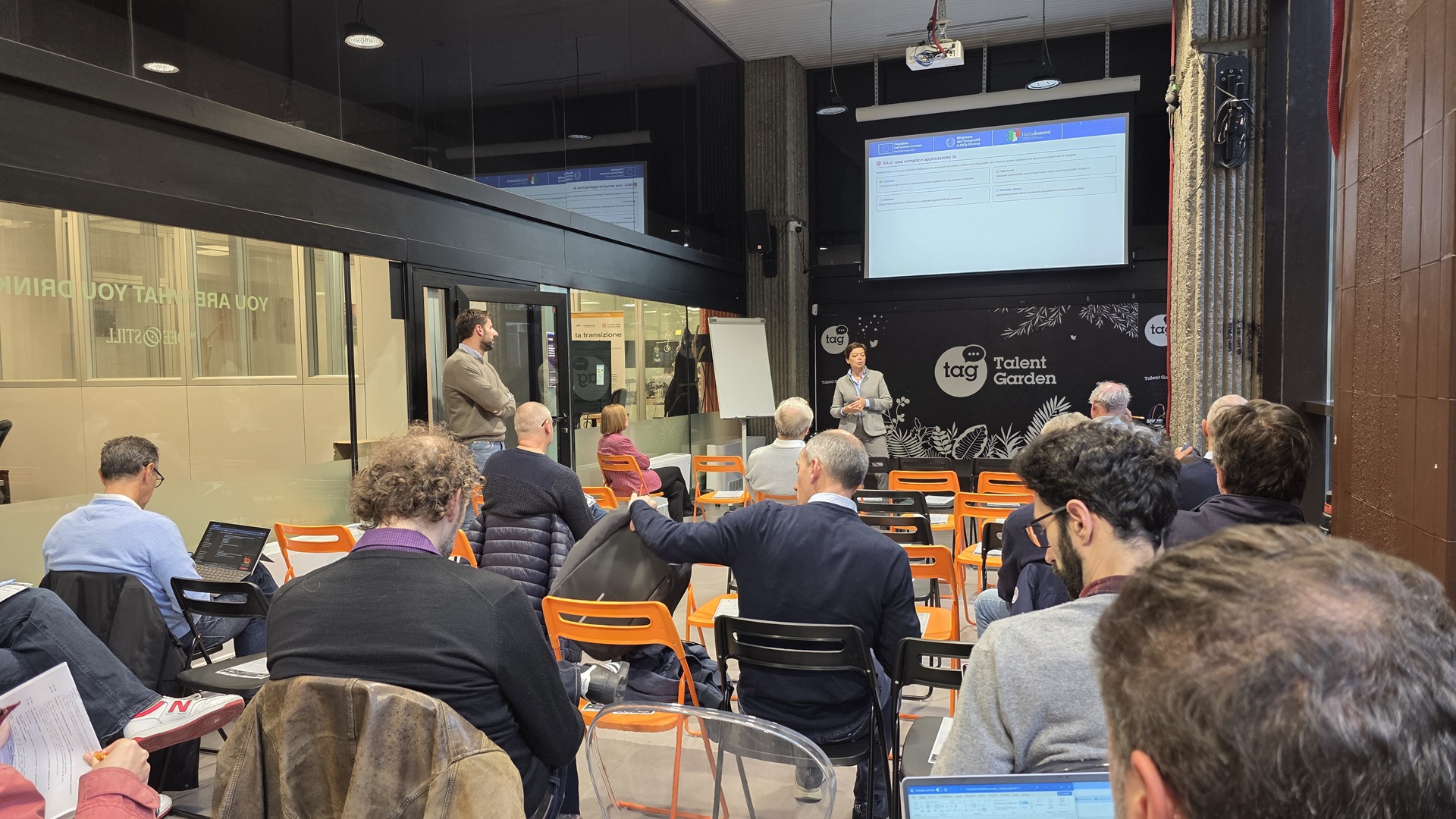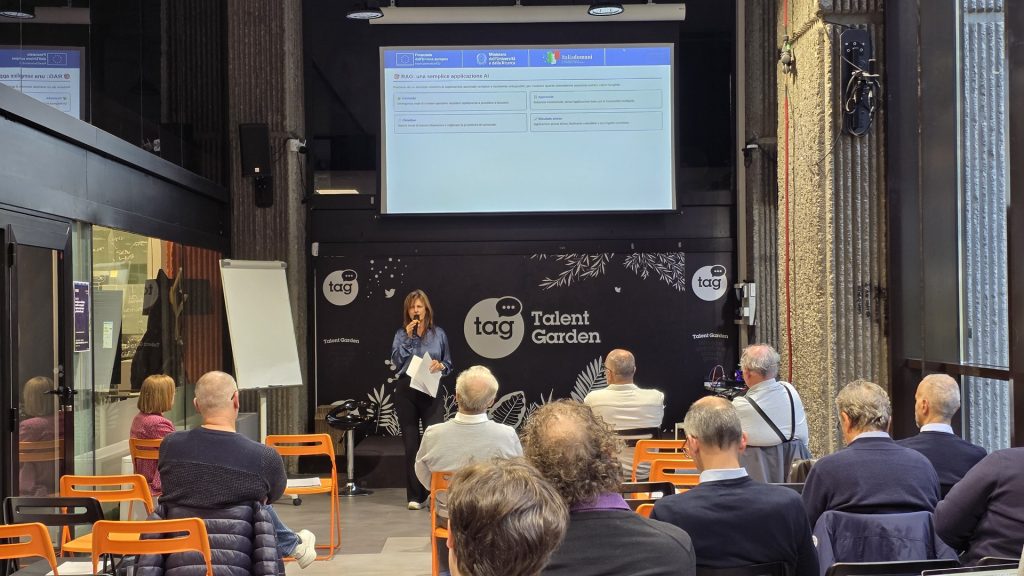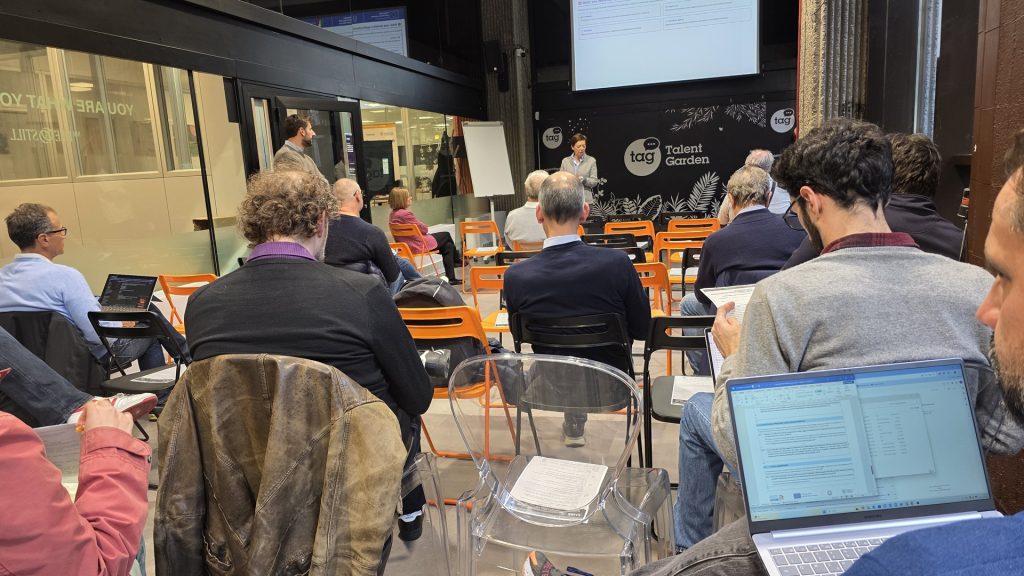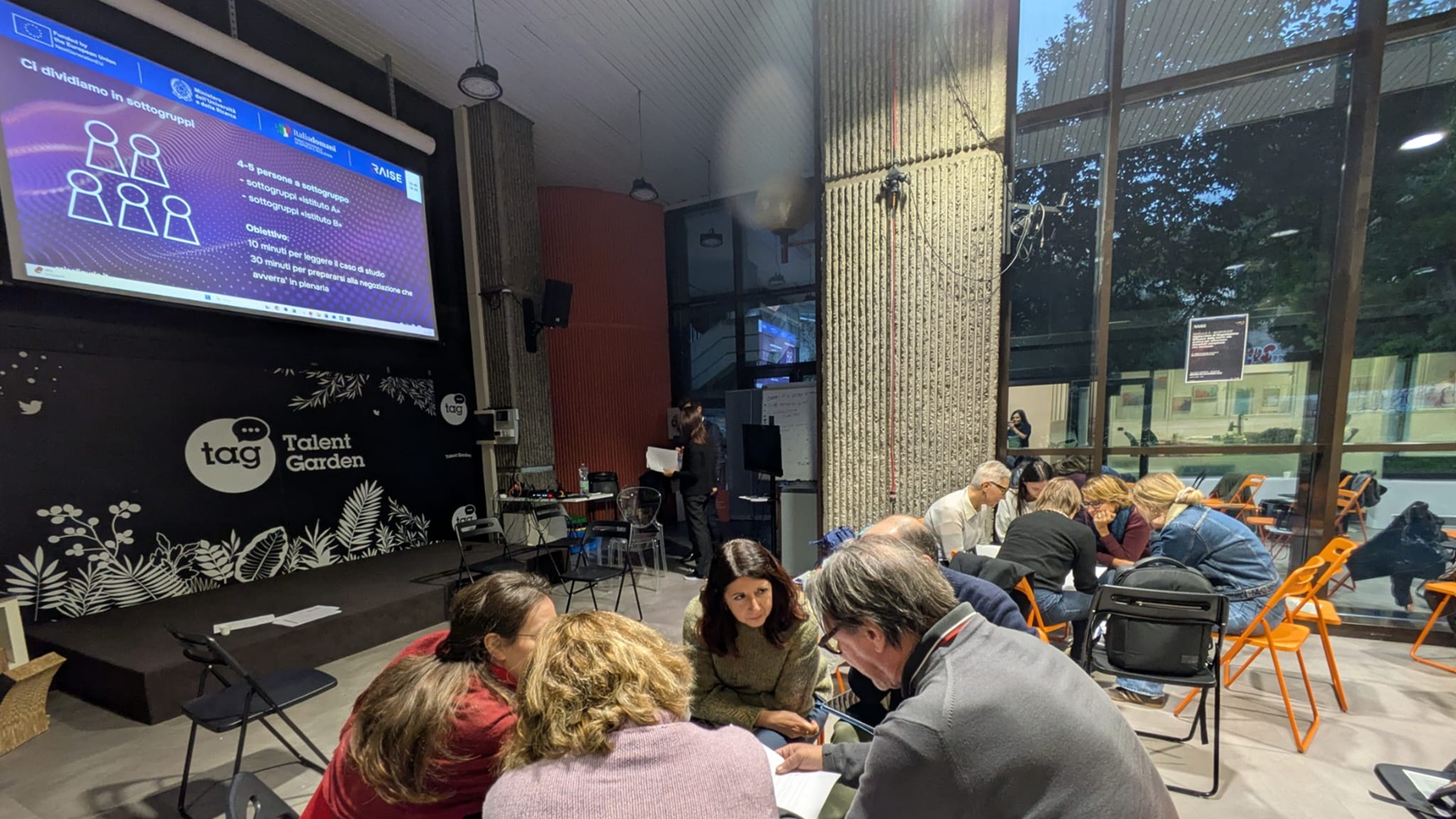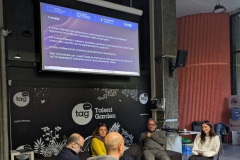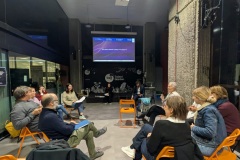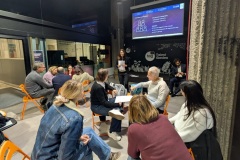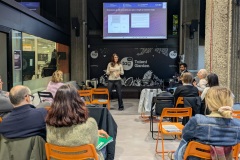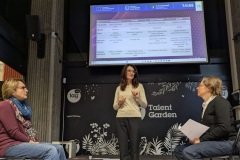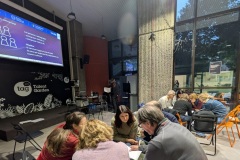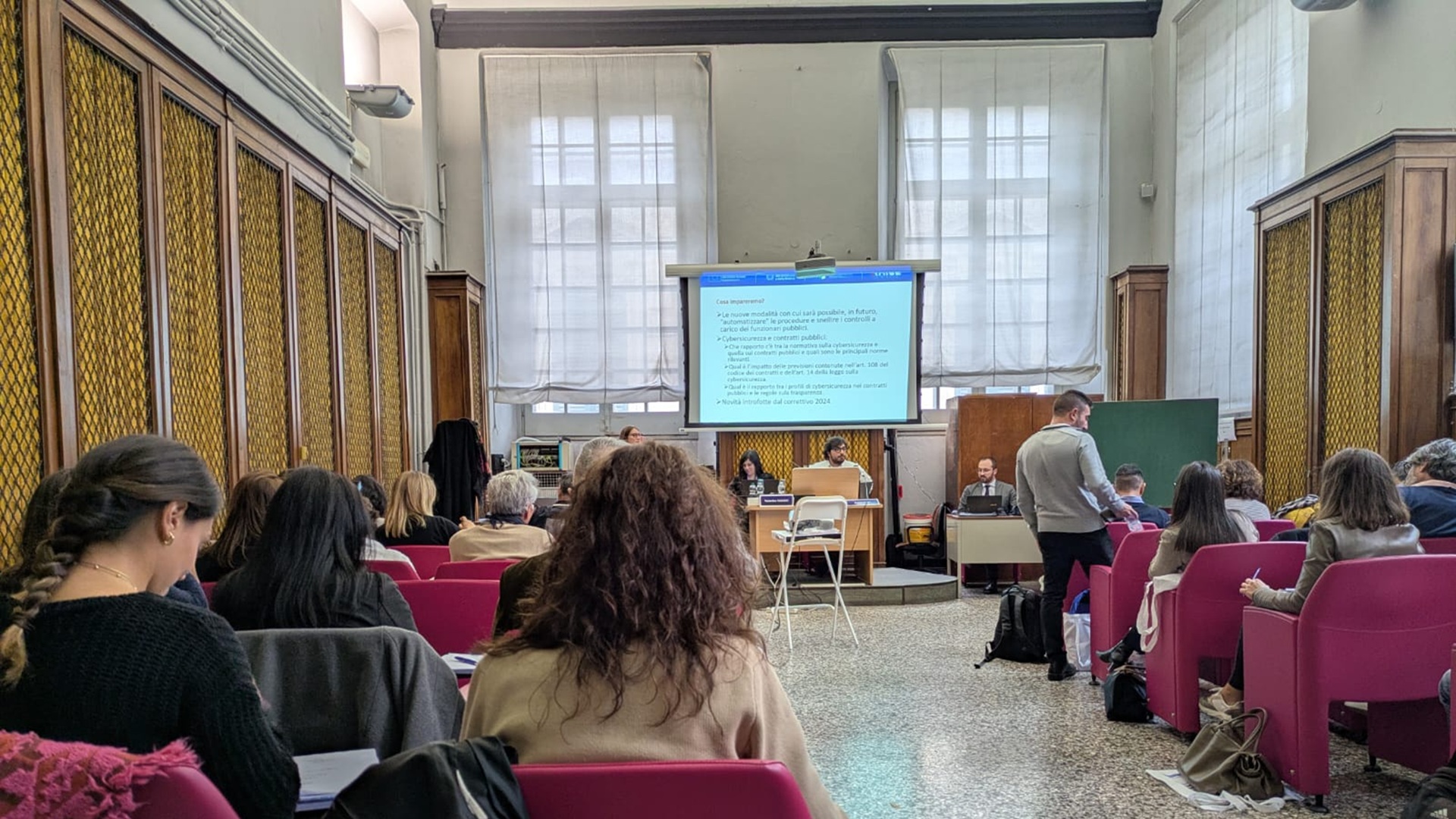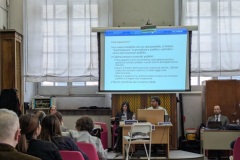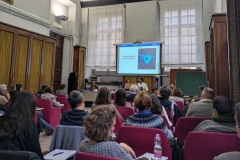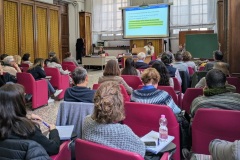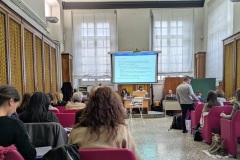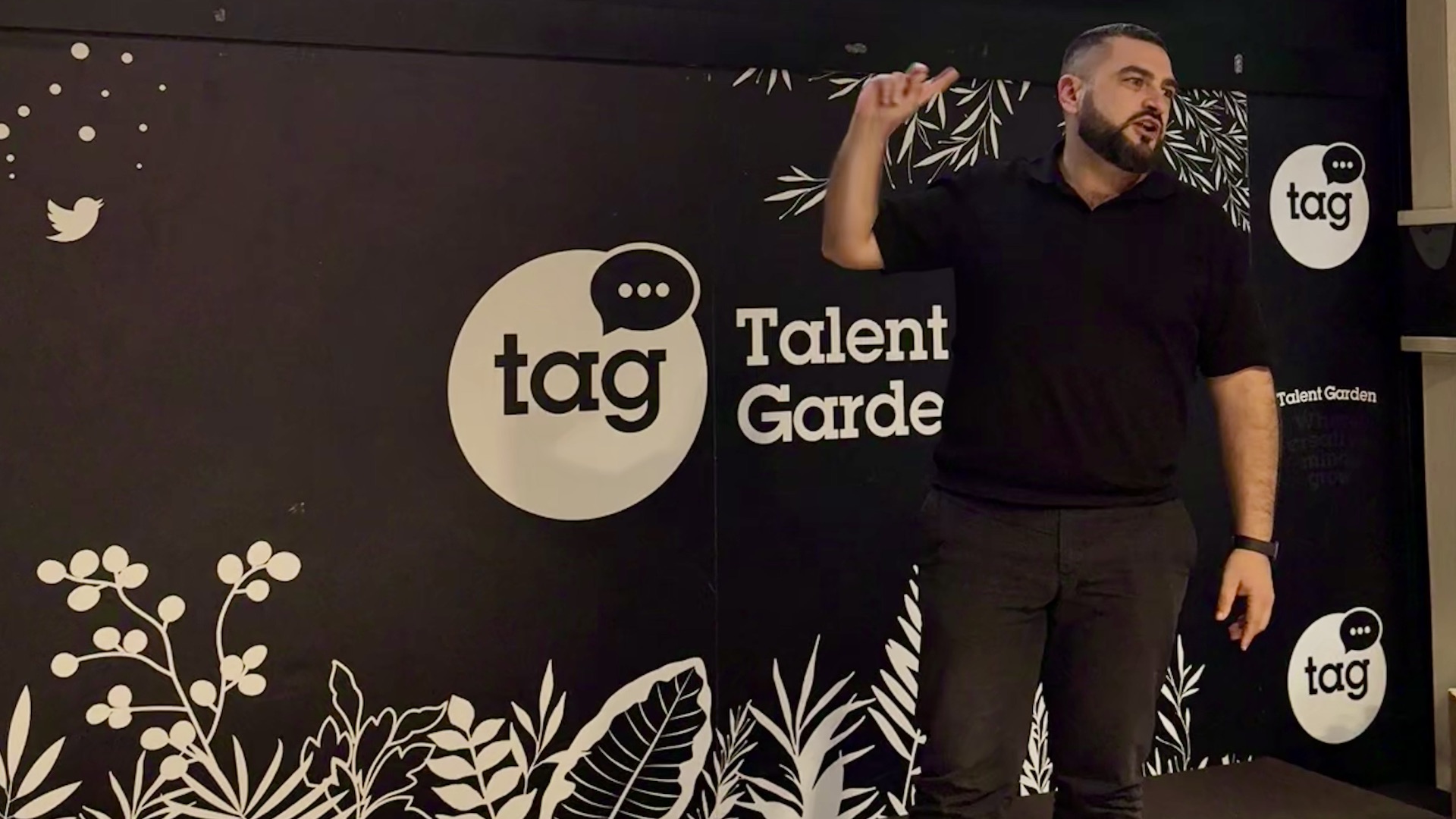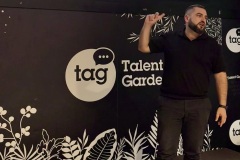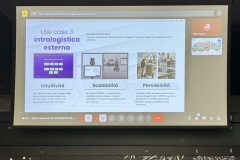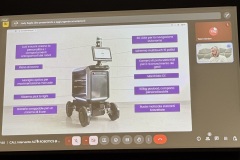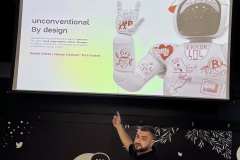On 30 January 2026, the final award ceremony of the InspAIr ’25 Hackathon, titled “2050: the story begins now”, took place online. The event marked the culmination of the educational programme “InspAIr – educating critical thinking with a future-oriented perspective in the age of AI”, designed and led by the CNR Institute for Educational Technology within the RAISE – Robotics and AI for Soci-oeconomic Empowerment ecosystem. The initiative engaged upper secondary school students in a learning experience combining artificial intelligence, robotics and sustainability.
The Hackathon represented Laboratory 3 of the InspAIr programme, serving as the final applied stage of work initiated in the previous months. After imagining scenarios set in 2050 and exploring their social, environmental and political implications, participating classes faced an additional challenge: identifying in the present the critical issues that had emerged in their future narratives, with particular attention to the role of AI and robotics.
The 2025 challenge invited teams to start from a critical issue identified in their 2050 scenarios and demonstrate how it already manifests today, analysing it through the lens of the non-neutrality of technology. Freedom and control, identity and intersectionality, environment and climate justice, oppression and emancipation were among the thematic frameworks within which students developed their proposals. Each team produced a communication product capable of engaging a 14–19-year-old audience through podcasts, original storytelling and multimedia content, demonstrating creativity, depth of analysis and critical awareness.
Four schools participated in the Hackathon, involving a total of sixty students. A jury composed of experts in sustainability, speculative design, communication and AI and robotics technologies evaluated the projects according to cross-cutting criteria: the rigour of their exploration of the relationship between technology and sustainability, their ability to problematise risks and dilemmas, and the quality and effectiveness of their communication for the intended audience.
The InspAIr – RAISE 2025 Award was granted to a podcast produced by a group of students from Liceo San Vitale in Parma. The project addressed the issue of the military use of advanced technologies in the present day, focusing on the narrative of Gaza. The authors rigorously connected current geopolitical dynamics with the role of artificial intelligence and automated systems, highlighting the impact these technologies have in conflict scenarios. The work combined sensitivity, narrative clarity and strong argumentation, offering a timely and thoughtful reflection.
The jury also awarded two special mentions to groups from the same class at Liceo Copernico Luxemburg in Turin. One mention recognised a podcast exploring the relationship between technology and sustainability in a dystopian future marked by rigid social hierarchies, effectively highlighting the link between technological choices and inequality. The second mention rewarded the originality of its format: a podcast built around a mysterious phone call from the future, a narrative device that made a complex reflection accessible and engaging.
The InspAIr Hackathon confirmed the value of an educational pathway that integrates speculative design and problem framing to foster a critical culture of digital innovation. Working with the future to interpret the present offered younger generations concrete tools to understand how artificial intelligence and robotics shape social, economic and environmental life. Students, teachers and jurors contributed with commitment and expertise to an experience that strengthened the dialogue between schools, research and active citizenship.

